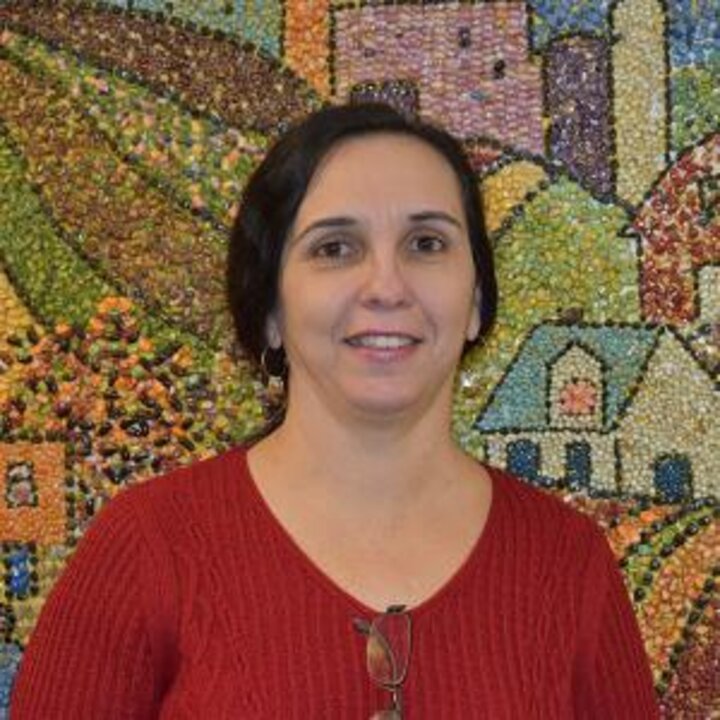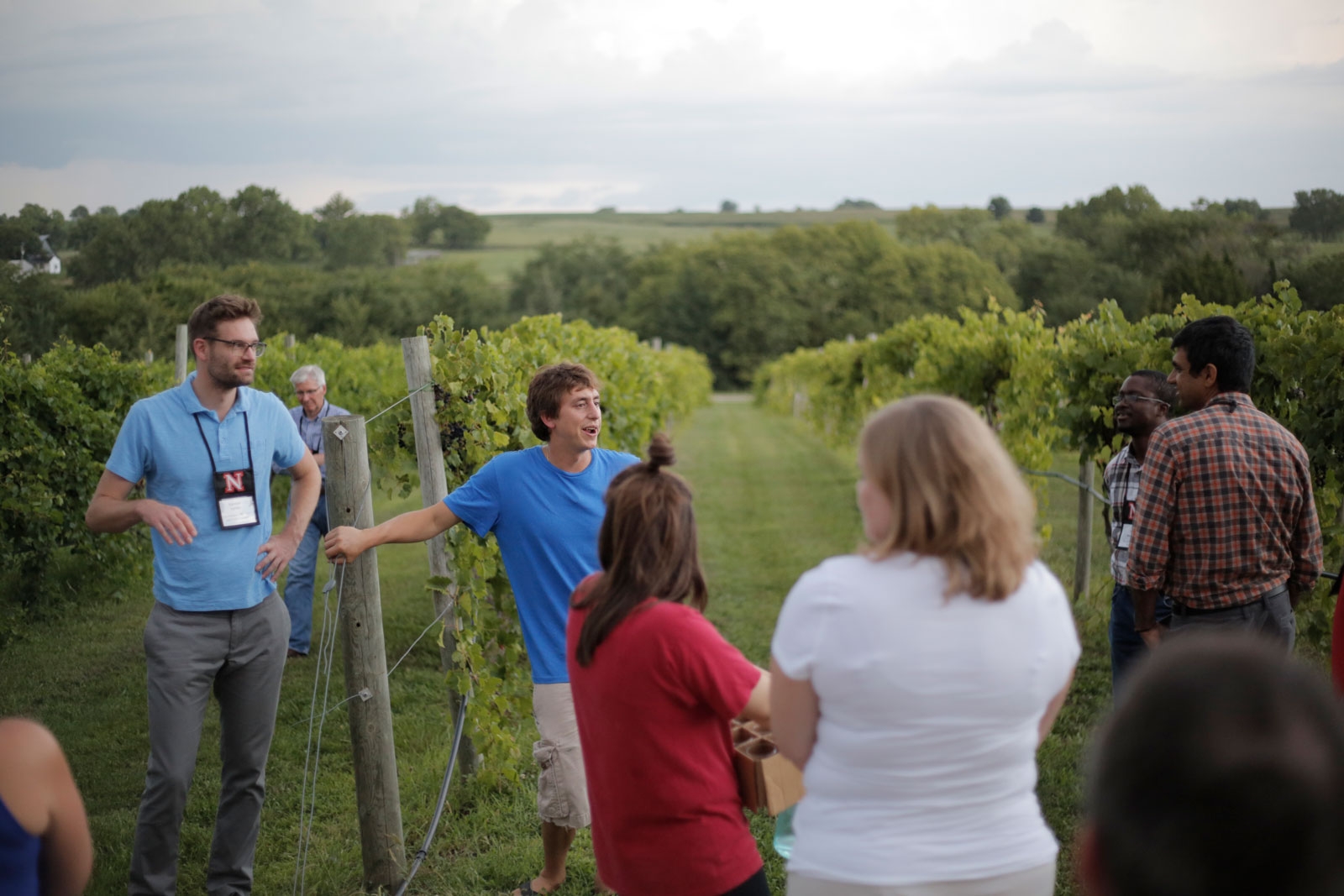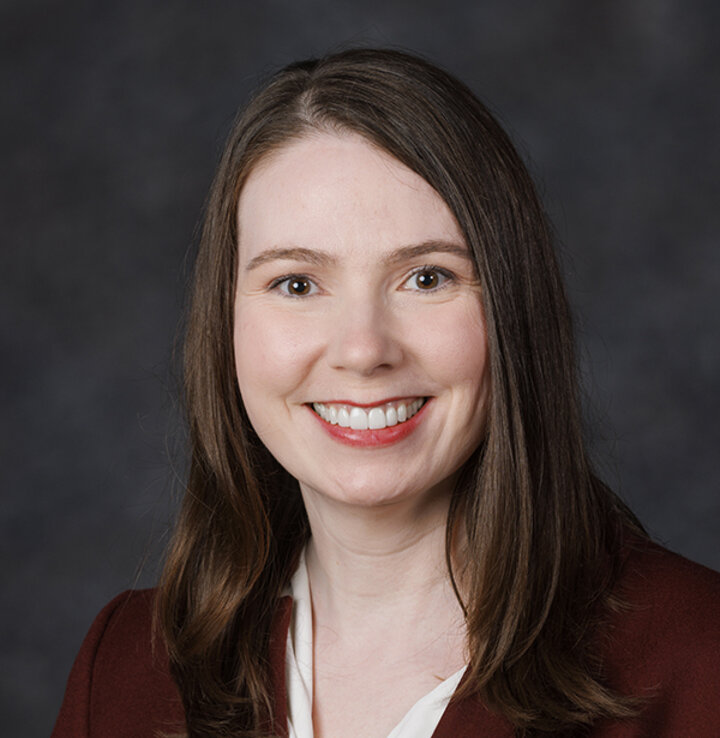The Master of Applied Science degree is designed for those whose educational objective is to pursue a professional degree in agriculture, food, community development and natural resources at the master's level. The Master of Applied Science is a flexible and personalized practitioner degree program for:
- Individuals directly involved in agriculture, food, community development and natural resource related industries
- Working agricultural, community development and natural resource professionals and science educators needing advanced education
The program is available to both residential and distance students. However, not all subject matter areas offer the same depth of distance-delivered courses to build a distance MAS program.
Why choose this program? The program offers:
- A professional degree in agricultural science, community development and natural resources at the master’s level
- Flexibility that allows you to design an area of study that addresses your educational goals
- Online courses allowing you to earn the degree remotely
As a college-wide degree program, there is flexibility in the selection of course work to create a personalized program. You will work with an advisor and examining committee to customize a program of study best fitting your educational objective(s). There are four online specializations offered for the Master of Applied Science program:
- Beef Cattle Production
- Community Development
- Environmental Studies
- Science for Educators
- Conservation Agriculture
Degree requirements include 30 credit hours of course work.
Clicking "How to Apply" takes you to the Graduate Studies website for additional program and application information.
Graduates may find careers in a multitude of areas, including:
- Environmental industry
- Food industry
- Agricultural and other natural resources industries
- Community and regional planning organizations
- Economic development
- Nonprofit organizations focused on community enhancement
- Entrepreneurship
- Economics and agribusiness professions
- Teaching professions
Option B
Requirements
- Minimum 30 credit hours
- No thesis required.
- 15 credit hours must be in the major (area of concentration)
- 15 credit hours must be graduate-only courses
- May include a minor of at least 9 credit hours
Courses
Must include at least 15 credits from CASNR courses. A list of online and distance education courses offered in CASNR is provided at https://appliedscience.unl.edu/casnr-online-distance-courses. Course options to complete the 30 credits for the MAS can be selected from other UNL colleges and other institutions.
Our People

Matthew Douglass
Director Master of Applied Science | Science for Educators Specialization | Environmental Studies Specialization

Daniela Mattos
Assistant Professor of Practice | Community Development Specialization | Ag Econ

Keara O'Reilly
Research Assistant Professor | Beef Cattle Production Specialization | Ruminant Nutrition
Service you expect from a leading University
- Access the same student services available to on-campus students
- An academic adviser will guide you along your journey
- Career services are available when you are ready to take your next step
Flexibility
- Combine a number of disciplines to create a unique degree
- Choose more than 50% of the courses you take as electives
- Complete coursework during the time of day that works best for you within a select timeframe
Quality learning experience
- The University of Nebraska has offered distance education courses for more than 100 years
- Interact with faculty and students through e-mail, discussion forums and chat groups
- Direct access to world-class faculty – researchers who are experts in their fields or practitioners with real-world experience
To be accepted to this program
- A bachelor's degree
Undergraduate degree in life sciences or related area, such as biological or physical science, and experience in applied science - 3.00 GPA or above on a 4.0 scale
- Taken the TOEFL or IELTS (Only required if English is not your native language)
- A written personal statement Explain why you want to pursue a Master of Applied Science degree. Please describe how obtaining this degree will help your personal, career, and/or professional goals. Describe your level of commitment to successful completion of this degree.
- 3 letters of recommendation
- Official/Unofficial transcripts from all previous schools
NOTE: This program is authorized, exempt, or not subject to state regulatory compliance and may enroll students from all 50 states
Application Deadlines
Rolling admissions. Application review will begin upon receipt of all required application materials.
Questions? Please Contact
Matthew Douglass
Assistant Professor of Practice / Chair, Master of Applied Science Graduate Committee
Start Preparing for Your Future
Provide your information and we’ll send you what you need to know about earning a graduate degree or certificate from the University of Nebraska-Lincoln.


